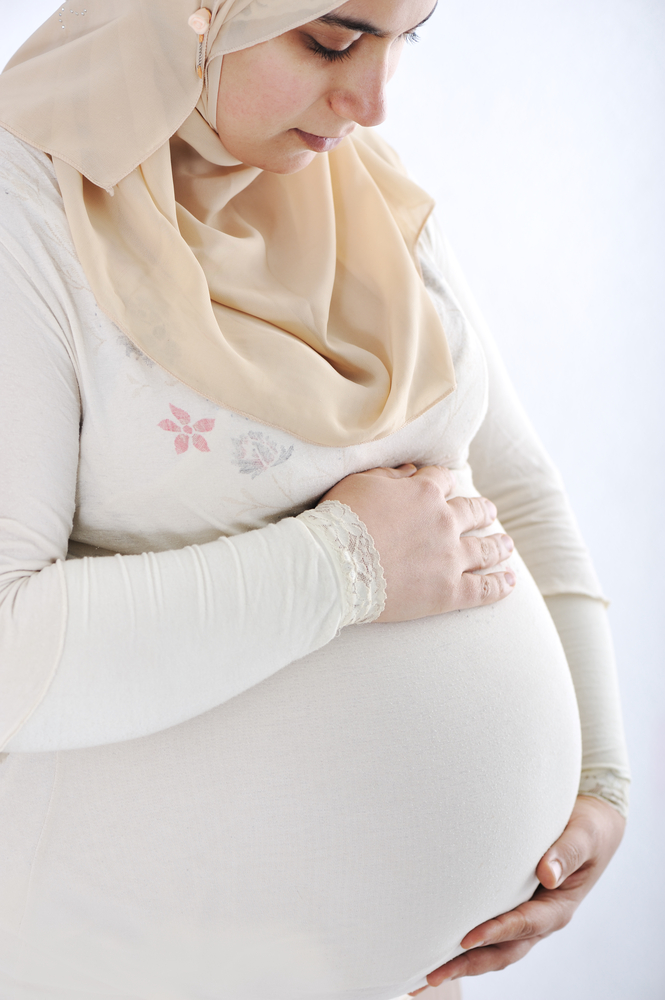Group B strep (GBS) is a bacteria that can live in the vagina or rectum. As many as 1 out of every 3 pregnant people carry this bacteria. It does not cause an infection for the mother but can cause serious infection for the baby at the time of delivery. It is not a sexually transmitted infection. You doctor will perform a rectovaginal swab (swab performed in the vagina and rectum) at approximately 36 weeks gestation to see if you have this bacteria. If you do have the bacteria, you will be treated with antibiotics during your labor to prevent infection for the baby.
GBS can also sometimes be found in the urine and may show up on a urine culture. Usually this means that bacteria was transferred from the skin near the vagina into the urine sample. If at any time during your pregnancy GBS is seen in the urine, then you won’t need to have the swab performed and you will just be treated with antibiotics during labor.
Penicillin is often used as the antibiotic to prevent GBS infection for the baby. Penicillin allergy is very common, especially in childhood, but many people outgrow it. For this reason, if you have a history of penicillin allergy, we will typically recommend you have allergy testing performed to determine if you are still allergic. This testing is performed by an allergist in their office and is safe to have done during pregnancy.
